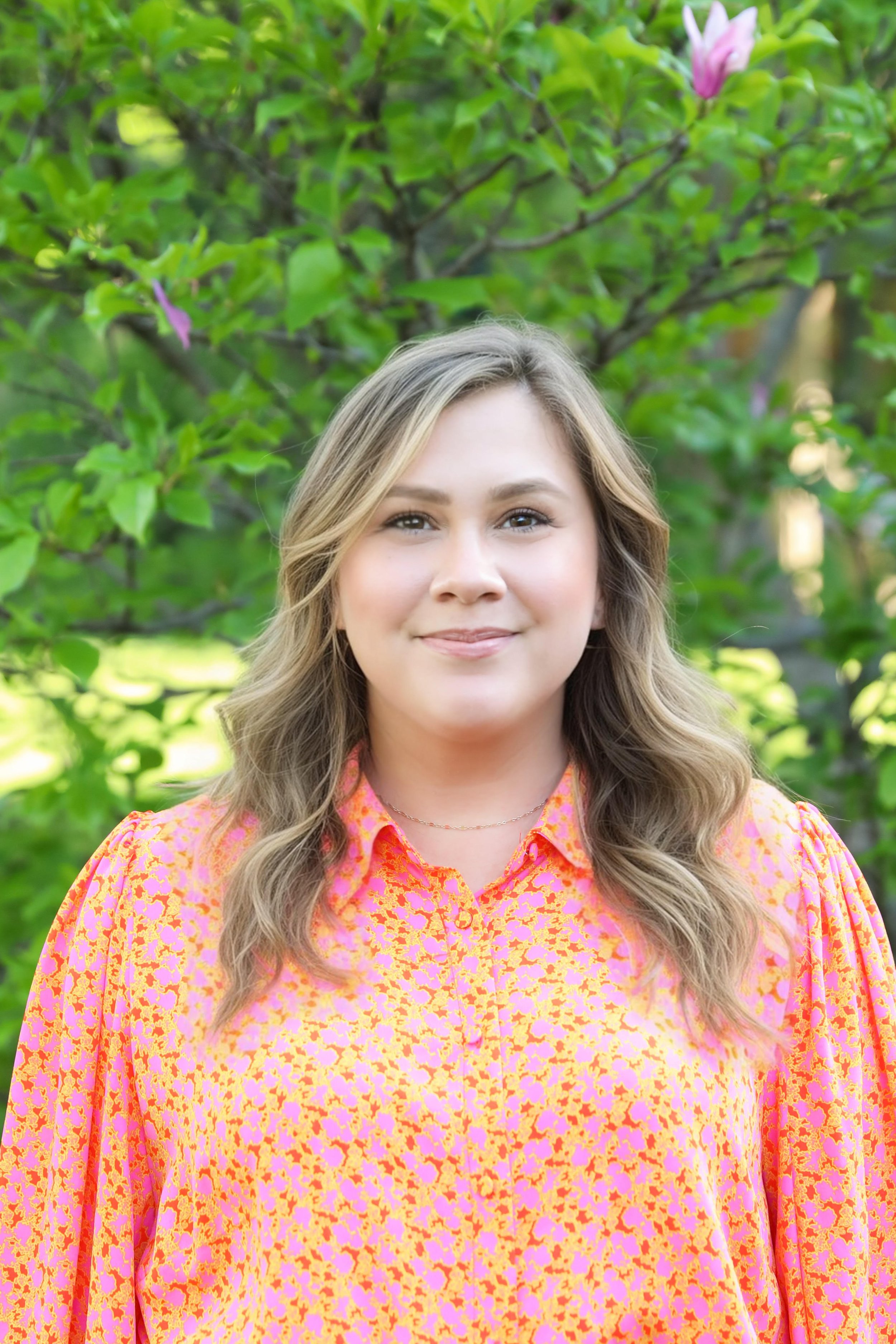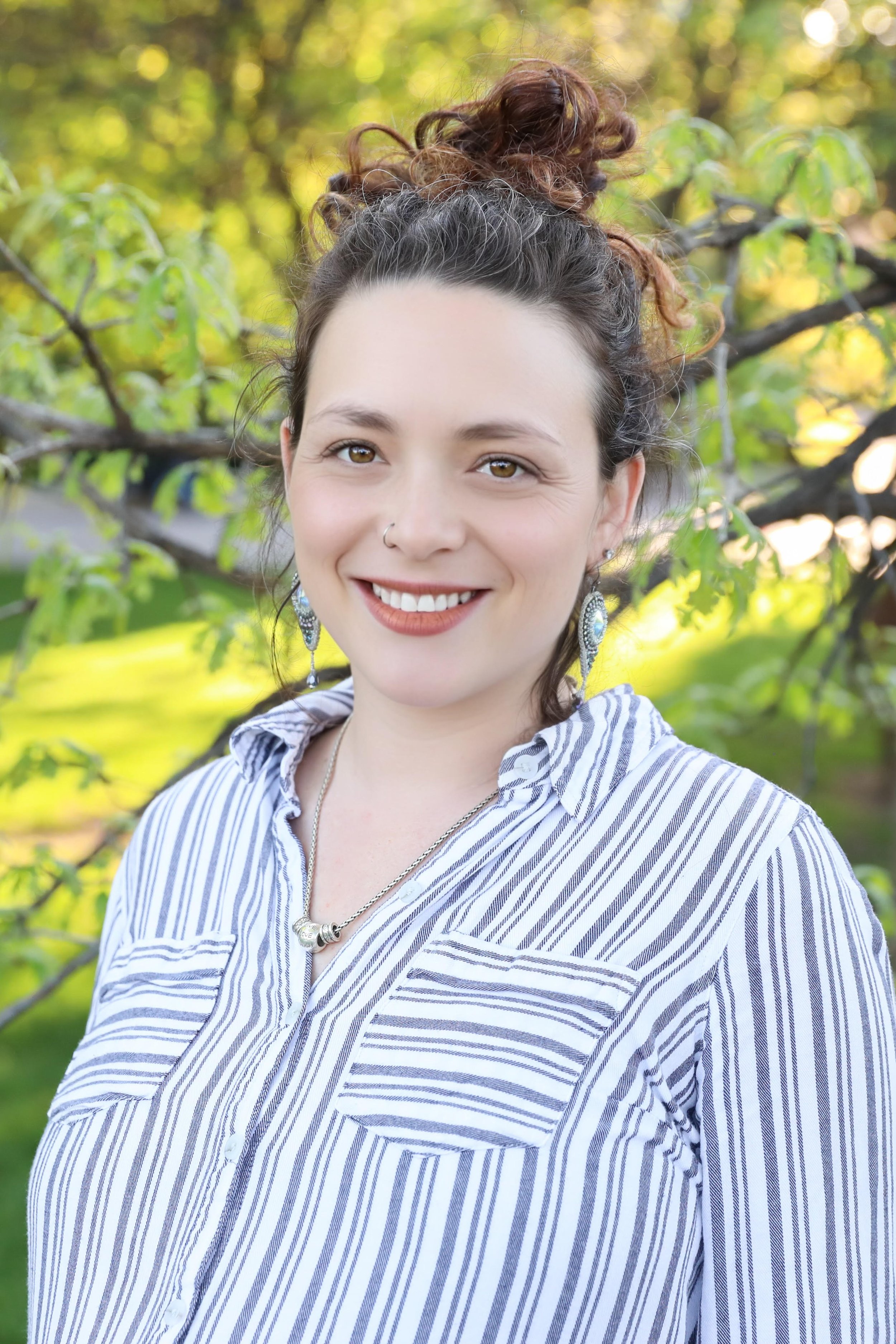
Neurodiversity
In-person therapy at two Chicagoland locations.
Virtual therapy anywhere in Illinois.
“A lot of neurodivergent folk are made to feel like they've been doing things wrong their whole lives—thinking wrong, acting wrong. The truth is, it's just different, and in fact your way of thinking brings more to the conversation.”
Nicole Rea, MA, LCSW, ADHD-CCSP
Navigating Neurodiversity
Ever feel like you're on the outside looking in, trying to twist yourself into someone else's idea of "normal"?
Whether it's the overwhelming buzz of a crowded room, the frustration of losing your keys AGAIN, or the struggle to keep your emotions in check, it can feel like you're constantly battling to fit into a world that wasn't made for you.
You might be masking your true self to slide under the radar, but inside, you're screaming for a breath of authenticity.
Embracing Your Unique Mind
Picture this: you're not just getting by; you're thriving, using your unique brainpower to navigate life in your own, exceptional way.
Here, you get to ditch the mask and celebrate the quirks and qualities that make you stand out. It's about finding your rhythm, embracing every bit of your distinctiveness, and turning what others call "differences" into your superpowers.
You're charting a path that respects your needs and showcases your strengths, letting you shine in all your originality.
Why Choose Us?
We know the world spins on a neurotypical axis, often making you feel like a square peg being shoved into a round hole.
That constant pressure to conform can grind you down, sparking impostor syndrome, self-doubt, and even tag-along troubles like anxiety or depression.
Our team is all about flipping the script—using a strengths-based approach to help you navigate life’s challenges while reconnecting with the authentic you beneath all those layers.
Who this therapy is for:
Neurodiverse individuals aged 12+
Individuals with ADHD, autism, or executive dysfunction issues
Families or loved ones wanting to better support someone with these experiences
Meet the Clinicians
-

Nicole Rea, MA, LCSW, ADHD-CCSP
Practice Director/fearless leader, queer, neuro-spicy, and ride-or-die for radical validation.
-

Emma Epstein, MA, LCSW
Bilingual, adventure-seeking toddler mom who believes that you’ve got this.
-

Charlotte Greiwe, MA, LPC
Queer, trans safe space with life experience, insight, and empathy to spare.
-

Angel Kellark, MSW, LSW
Loves concerts, travel, and helping young people (especially kids!) and families learn to heal.
-

Conor Klusendorf, MA, LPC, CRC, ADHD-CCSP
Glass-half-full kinda guy who’ll play video games with you while sorting out your life.
-

Abigail Serafin, MSW, LSW
Baking enthusiast and queer plant mama ready to help you (and your relationships!) grow.


